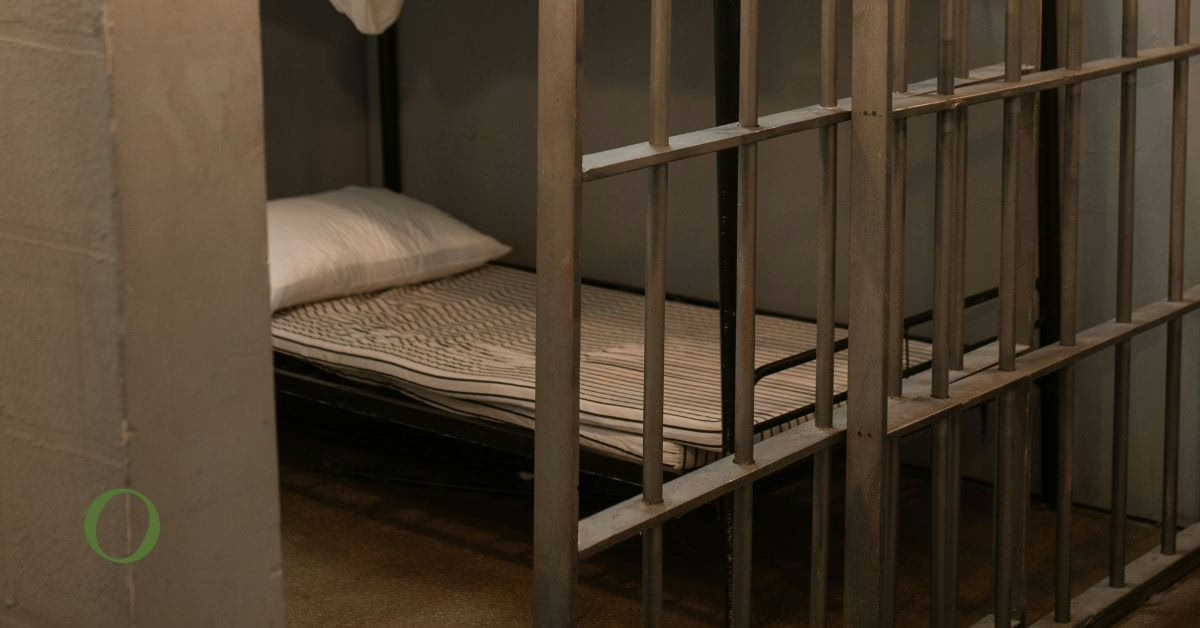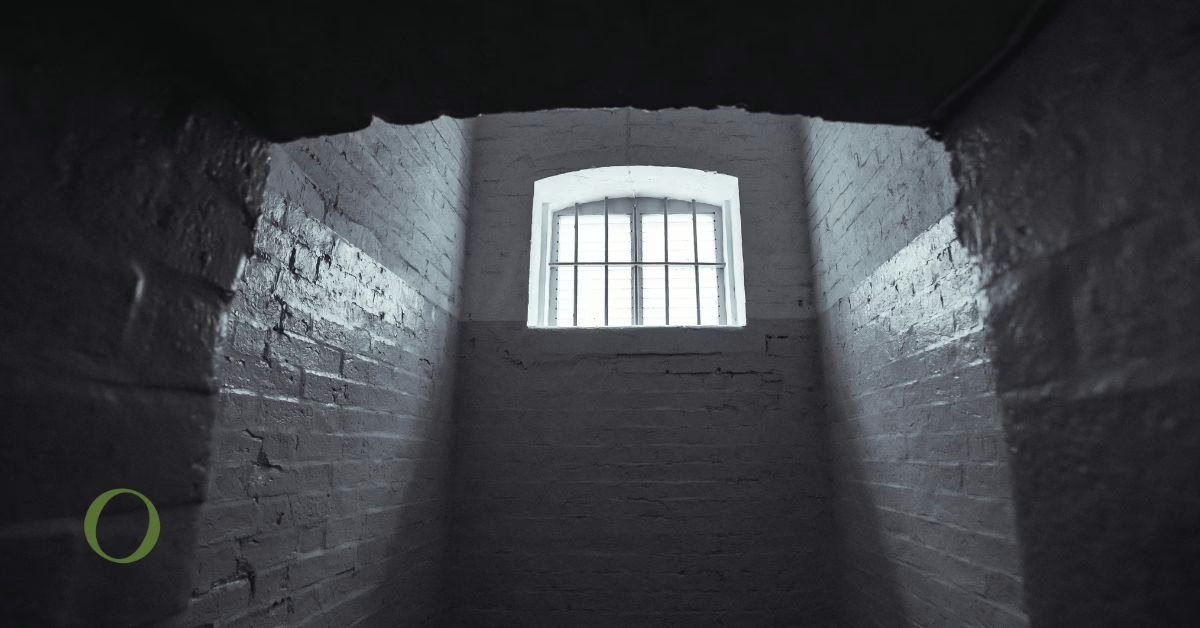Young detainee unlawfully subjected to prolonged isolation, routine handcuffing and strip searches under DRMPs: Our client, Dan*, an Aboriginal teenager held in various NSW juvenile detention centres suffered an awful ordeal. He was subjected to prolonged solitary confinement, frequent handcuffing and strip searches under a system called the Detainee Risk Management Plan (DRMP).
These practices, allegedly unlawful, were challenged in court by our civil lawyers at O’Brien Criminal and Civil Solicitors. The State of NSW ultimately settled the matter on terms favourable to our client, Dan.
Case Summary of Detainee Risk Management Plan Gone Wrong
Between 2015 and 2018*, Dan was held at multiple juvenile justice centres across NSW. During his detention, he was repeatedly placed on DRMPs, restrictive regimes designed to manage ‘difficult’ detainees. These DRMPs led to Dan being locked in isolation for extended periods, frequently handcuffed, strip-searched, and denied access to normal recreation, education, and contact with other detainees.
O’Brien Criminal and Civil Solicitors brought a civil claim alleging false imprisonment, assault, and battery. The firm argued this treatment was not only unlawful under NSW legislation but also constituted cruel and degrading treatment under international human rights standards. The State ultimately settled the matter in our client’s favour.
Read our other successful case study on DRMP.

The Details: Unlawful Use of Solitary Confinement and Force
Dan, a vulnerable Aboriginal youth, was subjected to multiple DRMPs while in custody at different NSW Juvenile Justice Centres. These plans imposed intense restrictions that included:
- Continuous isolation in locked rooms, sometimes without natural light or adequate facilities
- Routine handcuffing for any movement within the facility, even to eat or attend minimal programs
- Repeated strip searches on the basis of vague behavioural assessments
- Prohibition on mixing with other detainees, including during meals and recreation
- Withholding access to school, phone calls, and meaningful human contact
The court documents revealed that these measures were imposed for extended periods, sometimes over months, and often without the legally required approvals from the Department Secretary.
They were alleged to be punitive rather than protective, violating the Children (Detention Centres) Act 1987 (NSW). These acts also disregarded Dan’s right to residual liberty, the basic human rights that remain even during lawful detention.
The claim further argued that this treatment constituted false imprisonment, assault, and battery, and was in breach of:
- The Juvenile Justice Client Protection & Wellbeing Policy
- The Australian Juvenile Justice Administrators Standards
- International conventions ratified by Australia, including the Convention Against Torture, the Convention on the Rights of the Child, and the International Covenant on Civil and Political Rights
O’Brien Solicitors emphasised that these DRMPs subjected Dan to treatment “cruel, inhuman or degrading,” exacerbating his distress and leading to long-term emotional and psychological harm.
Outcome of Detainee Risk Management Plan Case NSW
The State of NSW agreed to settle the proceedings on terms favourable to Dan. This outcome recognised the seriousness of the alleged mistreatment without requiring the matter to proceed to a contested hearing. The settlement reflected a significant acknowledgment of the need for systemic change in how vulnerable young people are treated in detention.
If You or Someone You Know Has Experienced Unlawful Treatment in Custody
This case is a stark reminder that the rights of young and vulnerable people in detention must be safeguarded. If you or someone you know has experienced mistreatment, including solitary confinement, excessive use of force, or lack of access to education and wellbeing support, we may be able to help.
Need Help with a Similar Case on Detainee Risk Management Plan?
If you or someone close to you has suffered due to the actions of authorities or through a traumatic loss, you may have the right to seek compensation. Our experienced civil lawyers can help.
Contact us today for a confidential consultation and take the first step towards resolution.



*We always change details in our case studies to protect client confidentiality.


